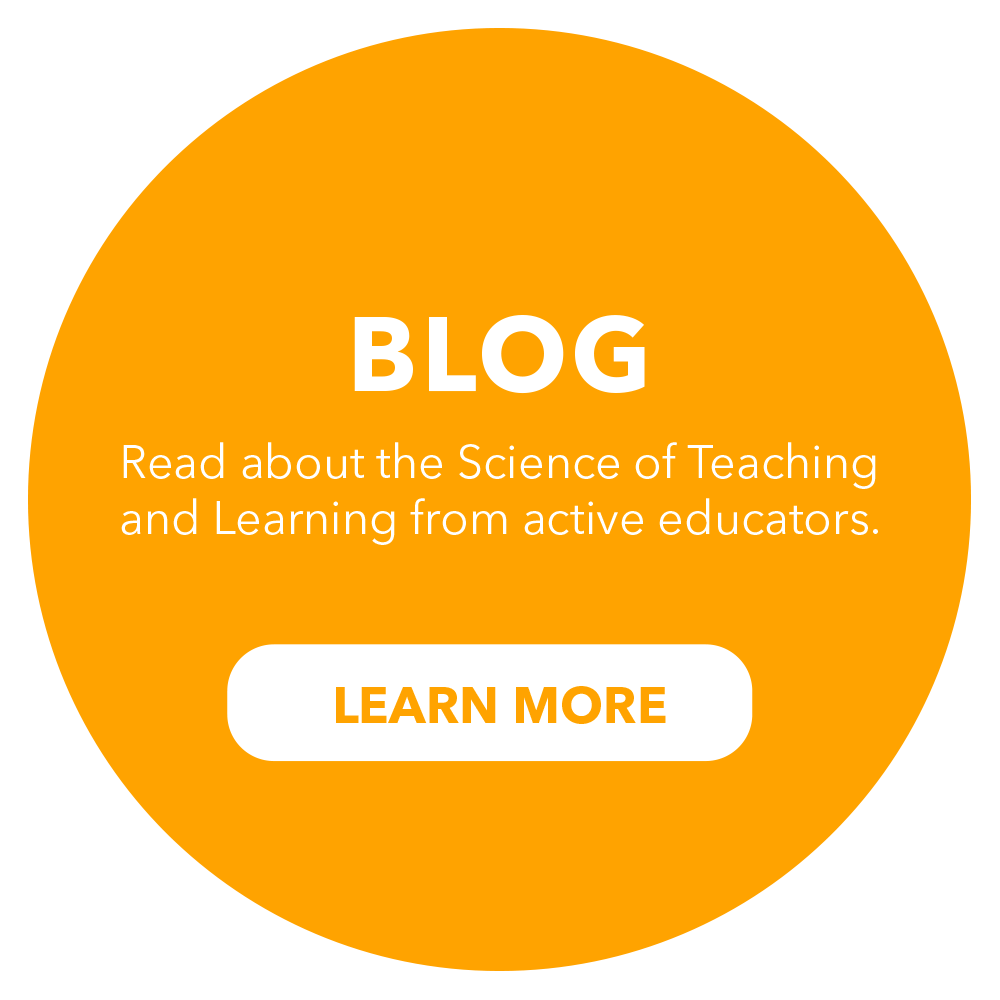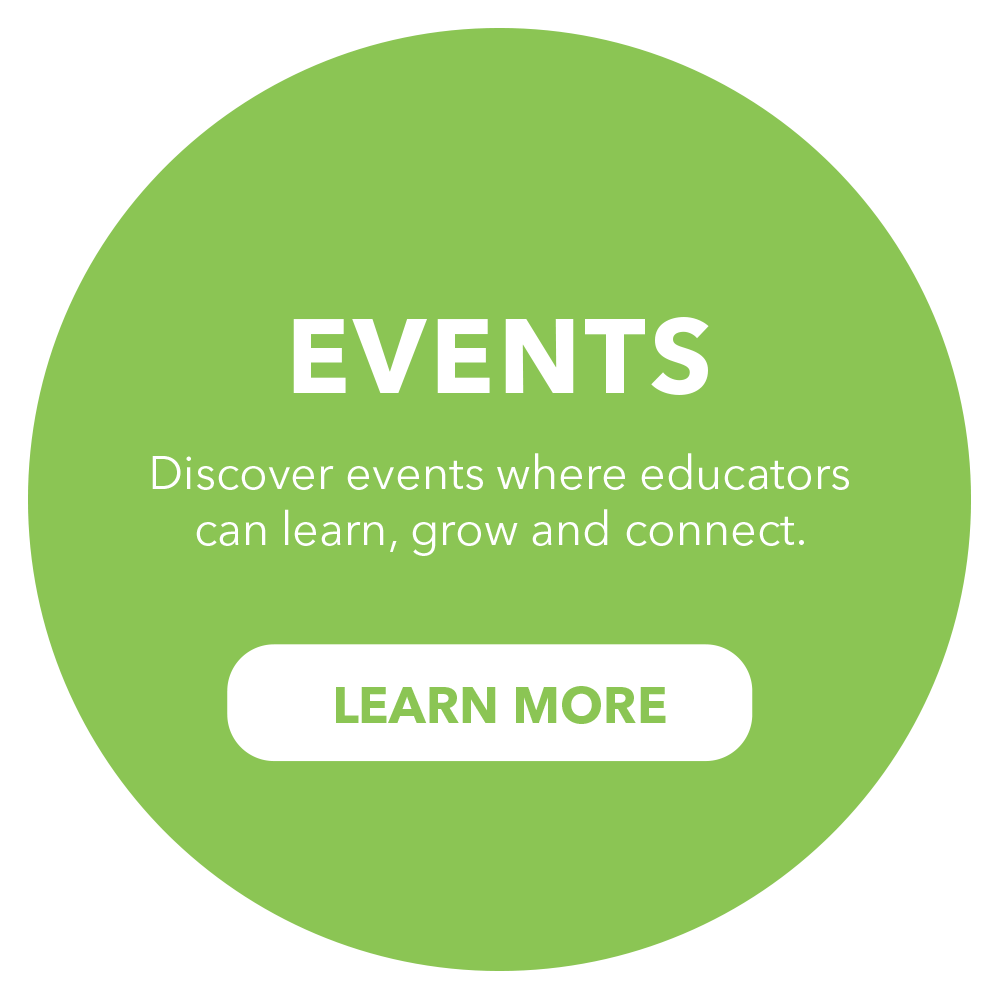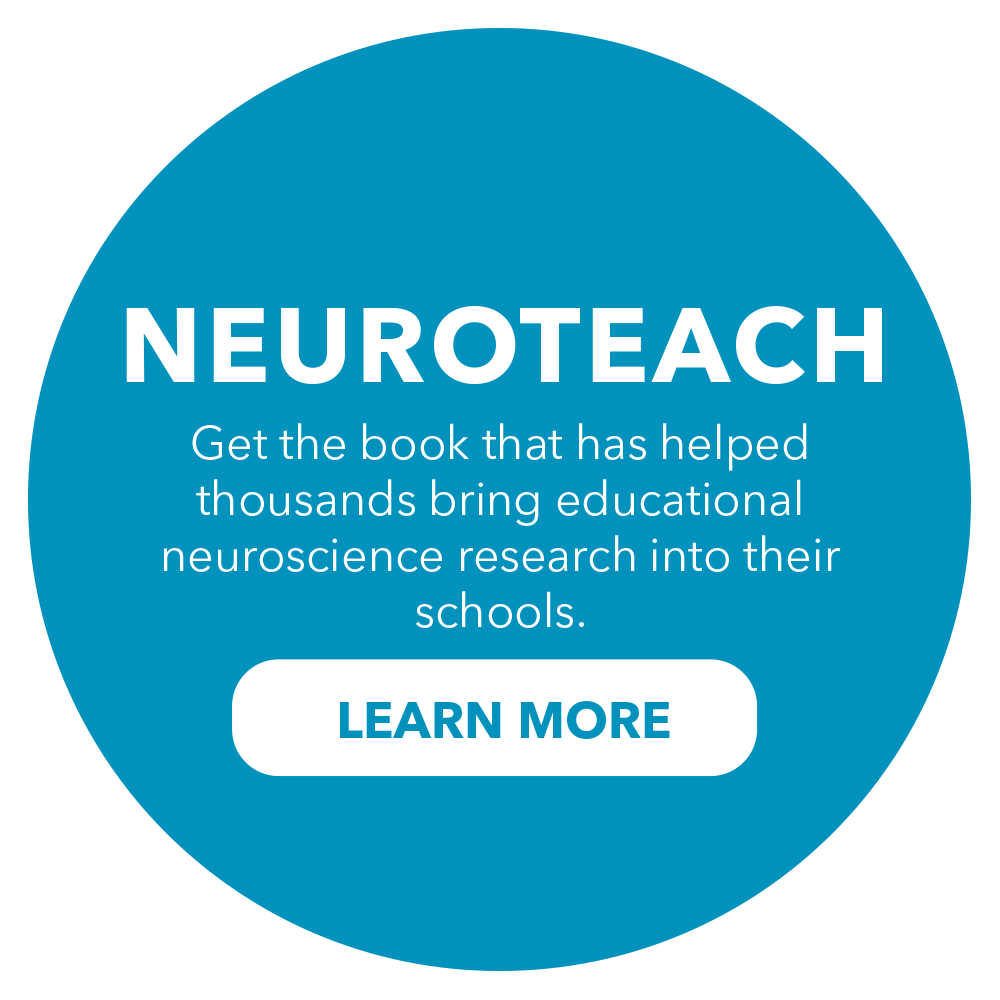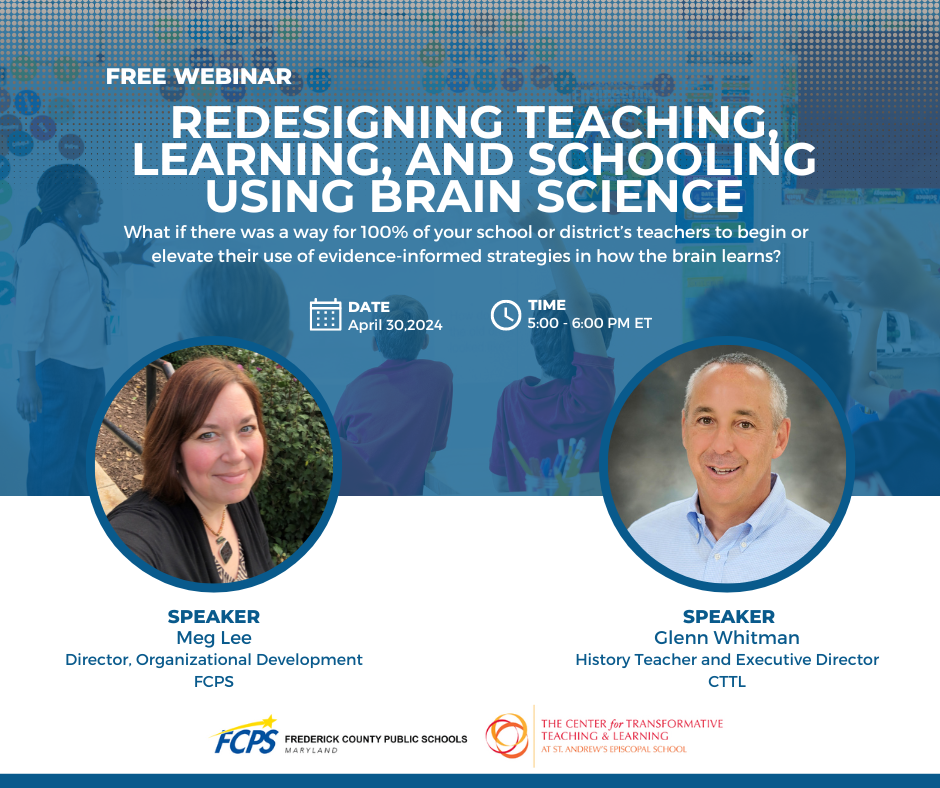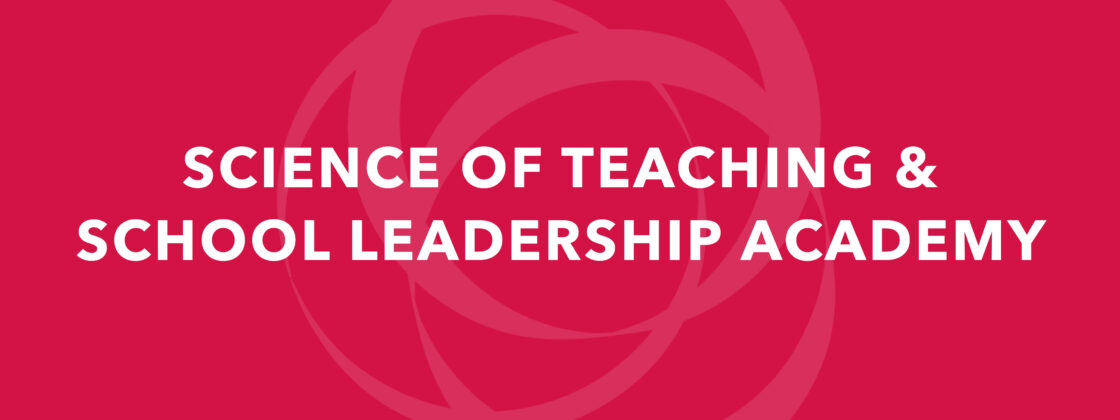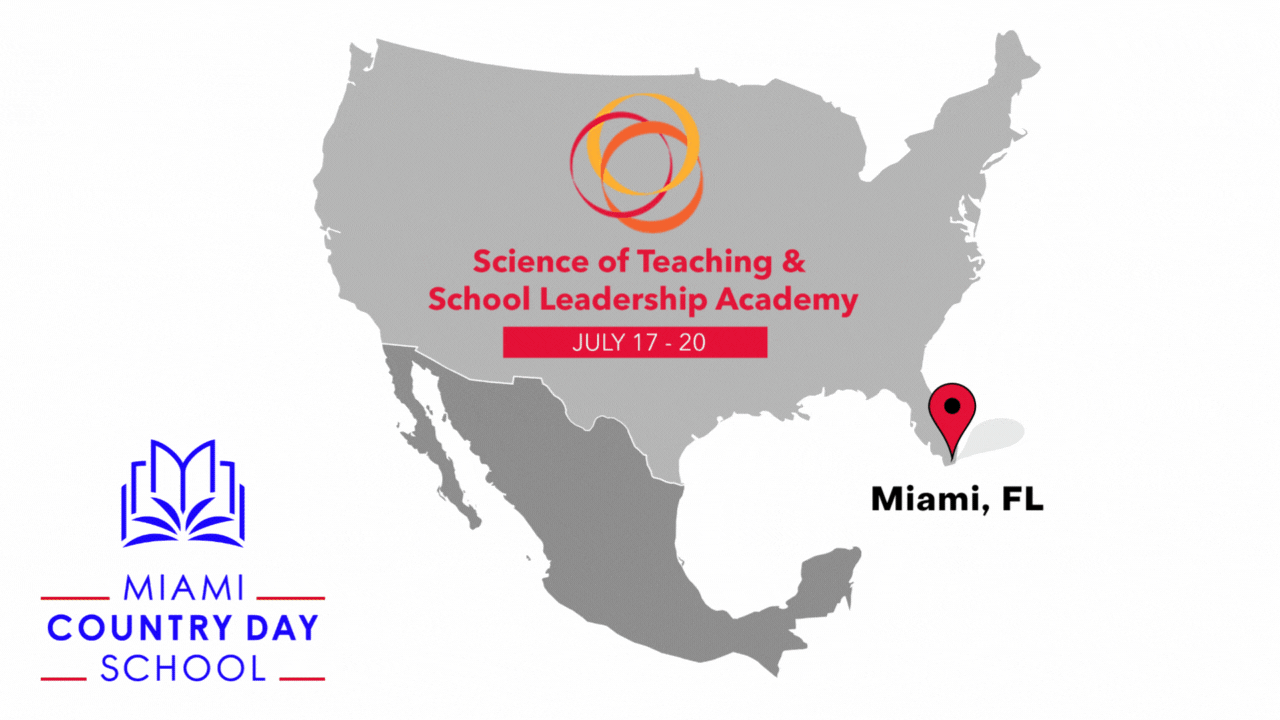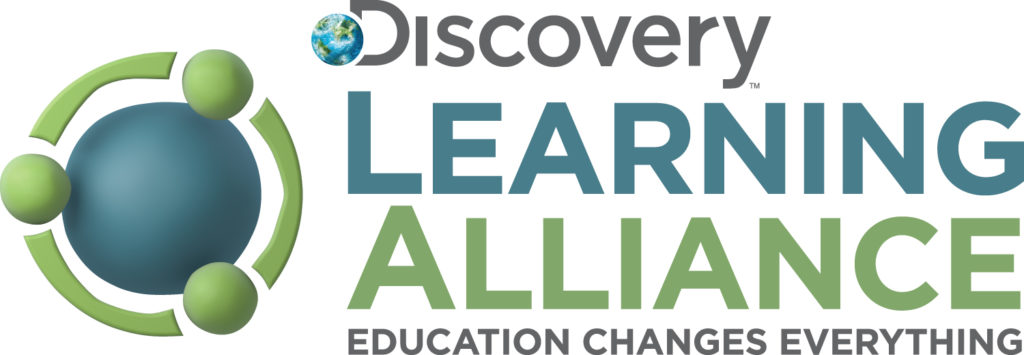Join us for this FREE webinar
Every day, every student in every school will have their brain with them. However, they have to get lucky to have teachers who understand how this organ of learning works, learns, changes, and thrives. What if there was a way for 100% of your school or district’s teachers to begin or elevate their use of evidence-informed strategies in how the brain learns?
This webinar provides a pathway for PK-12th grade teachers and school leaders to better understand the principles, research, and strategies in Mind, Brain, and Education (MBE) science.
REGISTRATION IS OPEN!
Experience the Center for Transformative Teaching & Learning’s flagship Mind, Brain, and Education conference this summer July 15 – 18, 2024! Attendees can now select from a virtual option or from one of 11 satellite site locations across the nation. Take advantage of our EARLY BIRD RATES and reserve your seat today!
BEGIN YOUR MBE LEARNING
Our vision is a world where every teacher understands how every student’s brain learns. Begin your MBE journey by selecting from the pathways below.
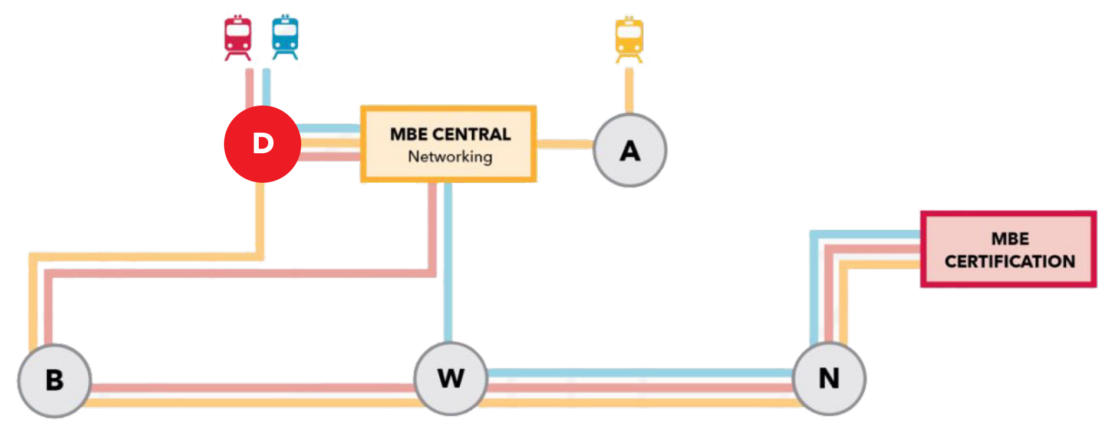
(D) Take the Diagnostic
Get baseline data on your faculty’s current knowledge and confidence to apply the science of learning to their teaching practices. Complete the free diagnostic in 8-10 minutes and receive the results in 24 hours.
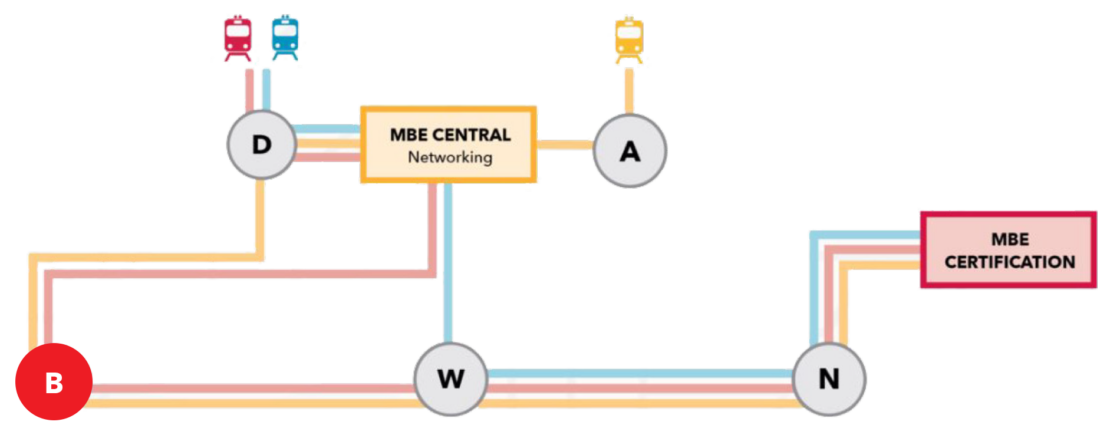
(B) Conduct a Book Study
A Neuroteach book study equips K-12 educators with MBE strategies and resources. This allows teachers and administrators to make research-informed decisions about the design of their schools, classrooms, and work with each student.
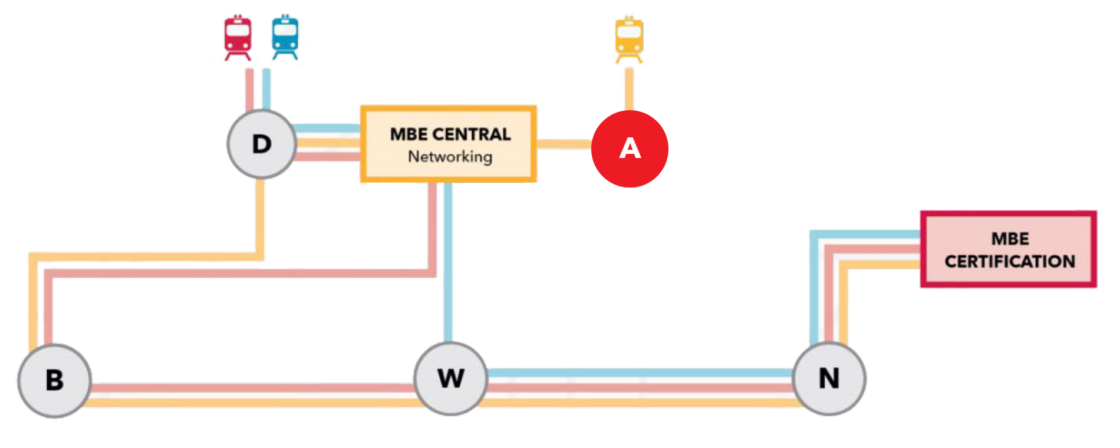
(A) Attend the Academy or Virtual Event
Gain deeper insights into how Mind, Brain, and Education Science can elevate your teaching and your students’ learning at events designed by active teachers for educators from around the world. Click here to learn more about the Academy experience.
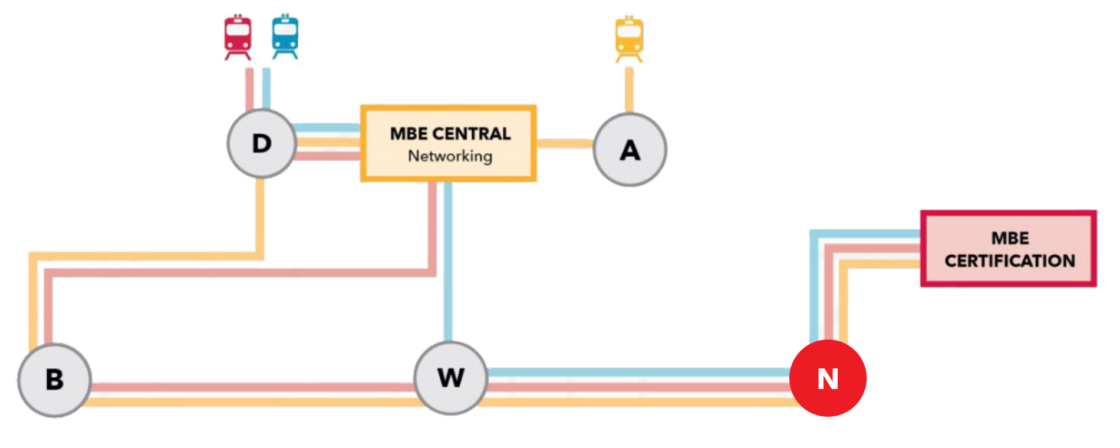
(N) Enroll in Neuroteach Global
The self-paced, online professional learning platform uses novelty, story, spaced practice, feedback, metacognition, and memory strategies to support each user’s MBE science of learning journey. Click here to learn more about Neuroteach Global.

(W) Plan a Workshop
Collaborate with CTTL facilitators to design and host an MBE science professional development workshop — or a series — tailored to address the strategic goals and initiatives of your school or district.
THE LATEST FROM THE BRIDGE
ACADEMY REGISTRATION IS OPEN
Learn more about attending virtually or in-person at one of five select satellite locations.
Neuroteach Global®
Become a better teacher in 10-15 minutes a day—anytime, anywhere.
Infuse your classroom practice with the latest research-informed strategies for helping students learn and achieve their highest potential.
Neuroteach Global Student®
Put the best research on what helps the brain learn directly into the hands of students.
NTGS helps each student understand their current areas of learning strengths and challenges and helps build self-efficacy by making the science of studying come to life in simple ways they can use every day.

